On the feast of our patron saint, faculty member Casey Johnson ‘05 shares background and context of Thomas Aquinas … a Dominican priest who emerged as an authority of the Roman Catholic Church, a prolific writer whose influence on Catholic intellectual life remains immeasurable, one of the greatest theologians of the Middle Ages.
—
For the last week I have been sharing the following stories about Aquinas with my juniors before prayer so that we may all come to know our patron more closely.
To one who has faith, no explanation is necessary. To one without faith, no explanation is possible.
Thomas, while living in Toulouse, was dragged off by some novices to a convent in a neighboring town that reportedly housed a nun who would levitate during prayer. Novices were always looking for an excuse to get out of praying and take an excursion. When they saw the nun levitate many wanted to say it meant this or that – even that it was a commentary on a neighboring town’s lack of holiness. When Thomas saw this happen, he reportedly remarked: I never knew nuns wore such big boots. I believe his response, displaying his typical rationalism, shows us that the world is a big place with a lot of mystery in the beauty of God’s creation. We should not be quick to ascribe the supernatural to one cause or the other but simply give all the glory to God.
Thomas was such a brilliant and popular lecturer that Louis IX’s archers had to guard him while speaking. His style in the seminal work Summa Theologica prioritizes objections. Aquinas would often improve others arguments before showing how illogical they were.
Thomas, who was a well-known public figure, loved to take walks in the afternoon. He came across two Jews who recognized him. They proceeded to debate the truths of Christ into the evening hours. They were not swayed by his arguments, but agreed to meet up the next day to continue. What would you have done to convince them? Thomas spent the whole night in prayer before the Eucharist. When he met them, they immediately asked if he would baptize them. I think this just shows us all that the highest task we have for our students is to pray for them. And that often Faith is just as necessary as Reason.
We’re all familiar with the story of “little red Barbara,” but few know that Aquinas wore a cord around his waist from that moment for the rest of his life as a reminder of his perpetual virginity and chastity. This was after he chased LRB out with a burning log. Purity and innocence are part of the reason Thomas received the title the Angelic doctor (also because of his enduring teaching on the nature of Angels).
Thomas’ family desired power and control. His father was Count of Aquino, his uncle Lord Abbot of the original and ancient Benedictine monastery of Monte Cassino. They desired for Thomas to succeed his uncle and sent him there for his schooling. Now Thomas was a physical presence. Some report that he was 6’5” and 300 pounds. He had the nickname Dumb Ox because he was large physically, never spoke and was thought to be dumb. Thomas ended up joining the upstart Dominican order, eschewing a life of power for study of the revelation of God.
Before Thomas left Monte Cassino, his classmates played a prank, frantically approaching him with great excitement and proclaiming that pigs were flying. They urged Thomas to quickly come. Now one can imagine that Thomas hurrying to the window was enough to please the pranksters. However, Thomas genuinely seemed to be searching the skies. After a time, they asked him why he would ever believe pigs could fly. Without any malice, Thomas replied that he would rather believe that pigs could fly than that his good Christian brothers would lie to him.
Rumor has it that visitors to Toulouse may see a medieval banquet table that Thomas frequented. Chesterton writes that there exists a sublime exaggeration that a crescent was cut out of the dinner-table to allow him to sit down.
Two of the great intellectual qualities of Thomas were his organizational abilities and his depth of research. Without the benefit of a catalog, typewriter, the internet and 21st century technology, Thomas was well researched, always citing his sources. His biblical commentaries included commentary from Augustine, Origen, Venerable Bede, etc. Thomas was renowned for having five scribes working on five books simultaneously. He would line them up and give the first sentence of the first book to the first scribe, then the first sentence of the second book to the second scribe, and so on. Amazingly, he rarely made mistakes and when he did they were almost always mistakes wherein Thomas had indicated he would answer certain questions but then would tangentially answer other questions first.
Thomas was a great professor, but he also had a great teacher, the chemist Albertus Magnus. It is said that Albert wrote of Thomas that if he was a dumb ox he would bellow so loud that the whole world would hear of him.
Thomas spent a fair amount of time at the University of Paris and even studied Islamic and Greek thought. Another remarkable intellectual quality was he considered Faith and Reason to be united on the field of academic discourse rather than separate or adversarial.
Thomas is reported to have had a mystical vision of the crucified Christ. This is reported by a witness as well as Thomas that the Lord said “You have written well of me, Thomas. What reward would you have for your labor?” Thomas responded, Domine, non nisi Te … Nothing but you, Lord. After this, Thomas was urged to return to his prolific writing by one of his secretaries. Thomas famously replied: Reginald, I cannot, the end of my labors has come. All that I have written appears to be as so much straw after the things that have been revealed to me.
Shortly after this, Thomas died on the way to the Second Council of Lyon. Blessed Pope Gregory X asked him to come and help to end the Great Schism between the East and West. Thomas sadly struck his head on a tree branch and succumbed to his injuries.
Catholic. Basilian. Teaching Goodness, Discipline and Knowledge since 1900.

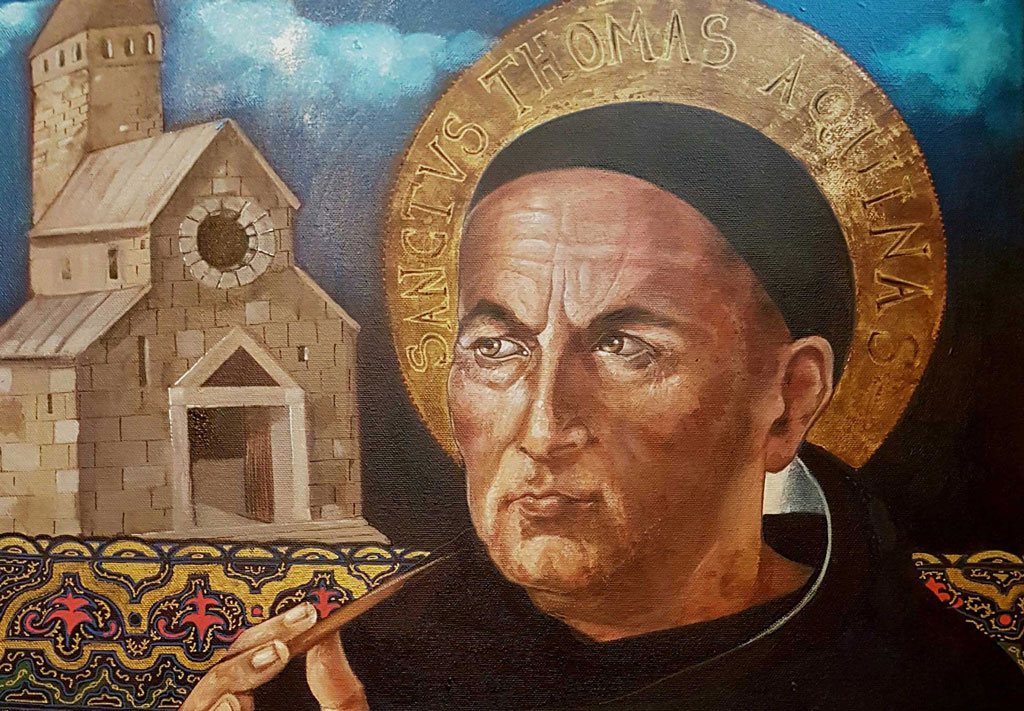
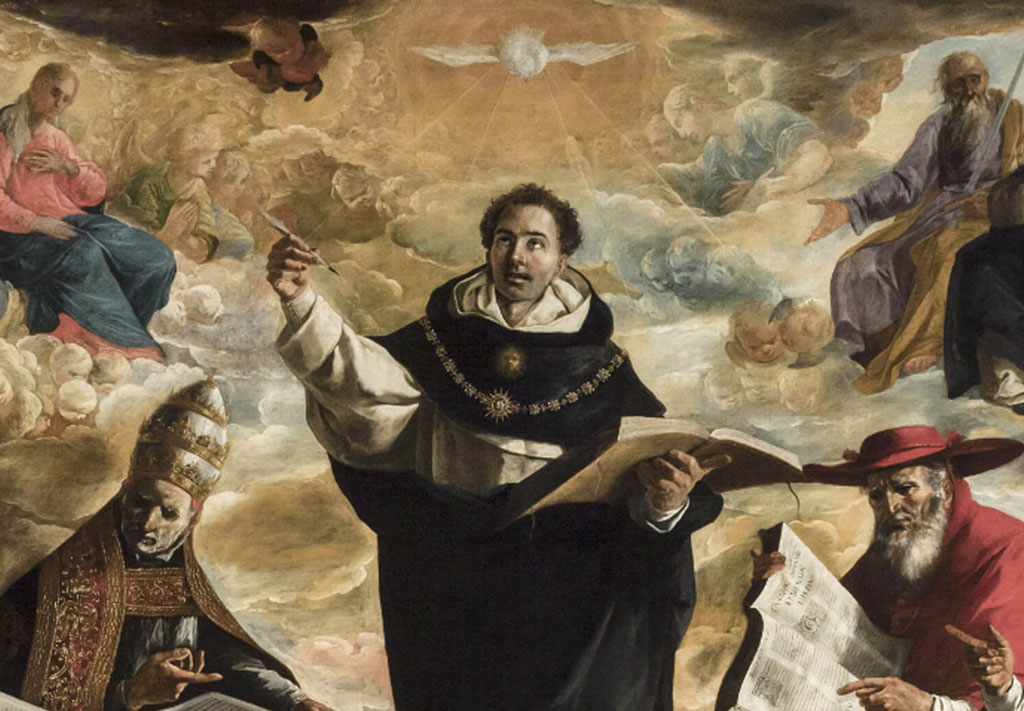
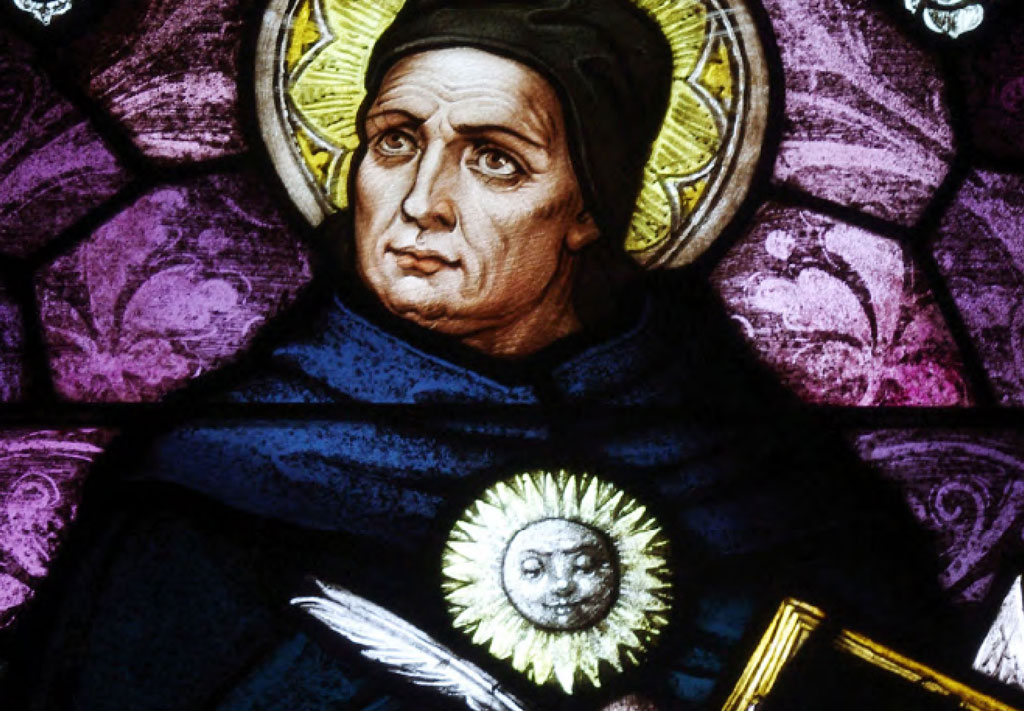
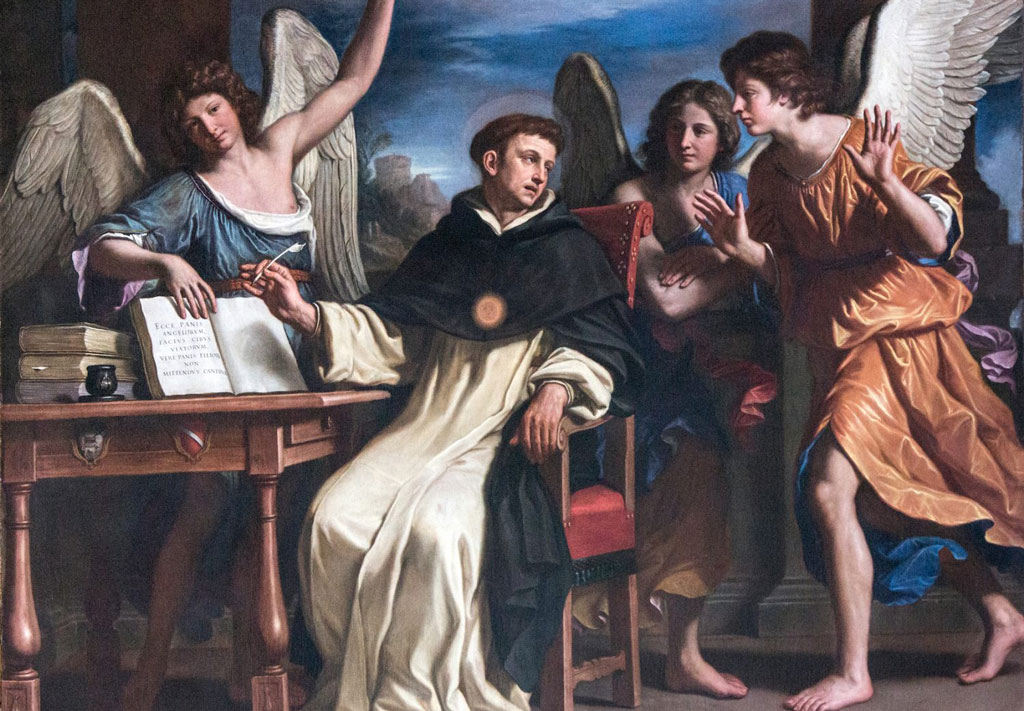

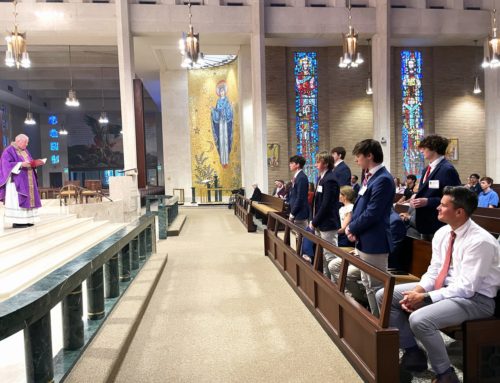
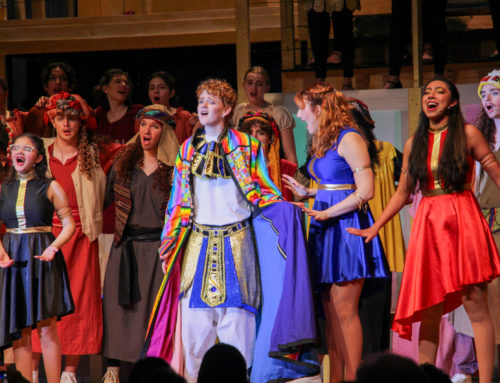




Leave A Comment